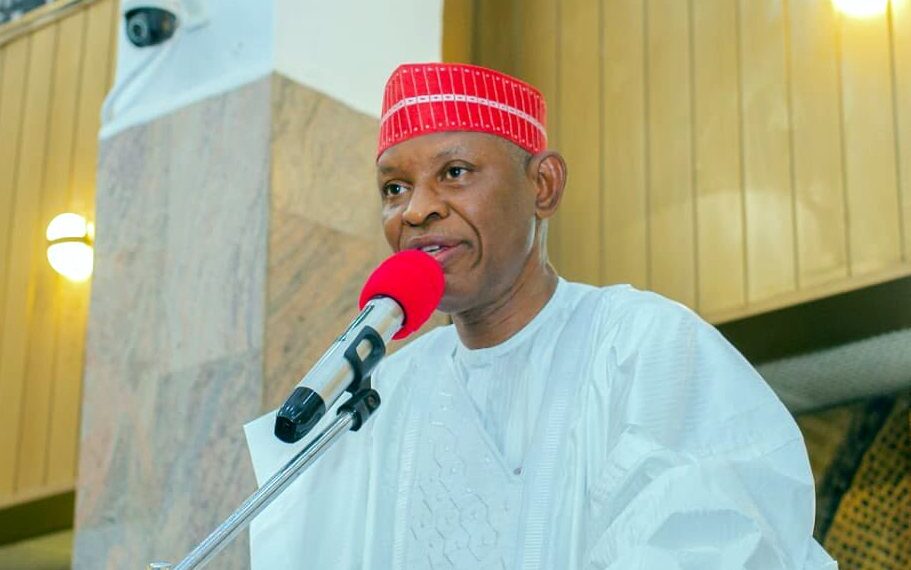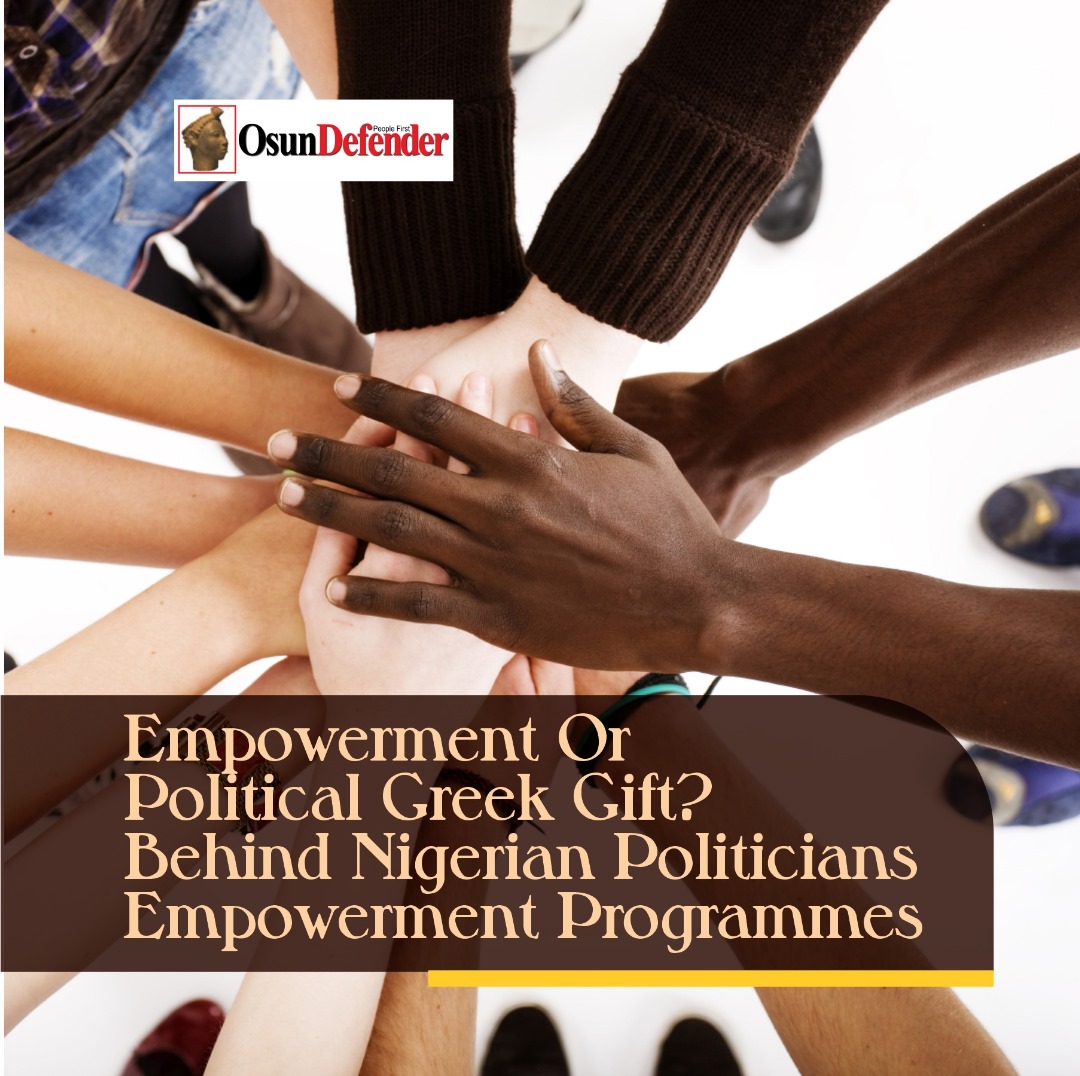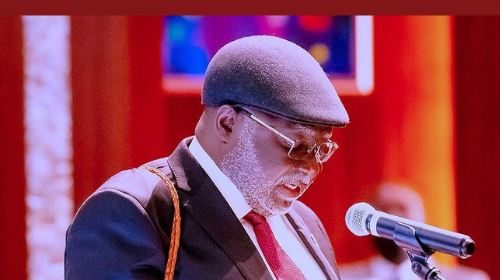Is The Problem The System Or The People? By Rotimi Fawole


What is the system and how does it work? I’d like to suggest that the system is a theoretical machine handling the interaction between the government and the people, and the people between themselves. Where the system works, its processes are understood by most and the outcomes are largely predictable. In places where the system works, it’s clear when two motorists have a collision, for example, that they are expected to exchange insurance details and let the insurance companies sort out liability.
In the Nigerian system, there will be a show of puffery usually degenerating into shouting (or fisticuffs) and liability will either be determined by the inevitable crowd that gathers or an understanding that a slap or punch have negated any obligation to repair. God help the female motorist who is told by the male motorist to get her husband on the phone, that he doesn’t talk to women. In places where the system works, once your documentation is complete and statutory fees for a government application have been paid, the passport/licence/permit is issued without much further ado. In the Nigerian system, you leave the touts appointed by the government agency to apply and oil the gears on your behalf.
If we transplanted civil servants from Canada or Norway to Nigeria, would application times shorten? Would the need for physical contact between them and applicants decrease? Would policemen from Nigeria turn into super sleuths in Sweden and Singapore? What’s likely is that the foreign personnel (like many of the expatriate Operations Managers and MDs that work in Nigeria) will learn the Nigerian way and conform to it, in the same way that Nigerians who do all they can to jump the queue at the airport in Abuja or Ikeja suddenly find orderliness in their blood on getting to JFK or Heathrow.
It is not my suggestion that Nigerians are inherently bad and the Canadians, Norwegians and Swedes are inherently good. In fact, reviewing a franchise agreement for the delivery of a foreign public amenity recently, I was struck by the several performance incentives, operational penalties and revenue-protection mechanisms in the contract. If being from the country implicitly made you good, contracts between same-country entities would not need to be so robust.
So, there are good and bad people everywhere. However, given the system of the country in which this public amenity is situated and the contractual obligations on the franchisee, that service has been delivered to the public at a 99.4% efficiency rate over the past three years. The franchisee runs 99.4% of its scheduled services. Imagine a Nigeria where 99.4% of passport applicants get their booklets on time, without the intervention of touts. Or one where water and electricity run 99.4% of the time. Or one where 99.4% of scheduled flights departed on time.
These all suggest that the system is what determines the behaviour of individuals within it. The government is the architect of the system and any system revamp must be orchestrated by the government – democratically and constitutionally too, one must quickly add, before Kagameic Rwanda starts sounding like the option being put forward.
Is the governing class interested in a system revamp? The evidence does not suggest so. After all, this current system enables them corner the public purse without consequence. Enthroning a system where merit is a greater consideration than local government of origin would put many of them out of a job. What then, is the conclusion of the matter? Well, to change the system, those that govern must design the change and actively push for it. To make sure that it is those that seek change that get to govern, Nigerians will need to get a lot more involved in the selection process, on both the contesting and voting sides of the electoral red line.










